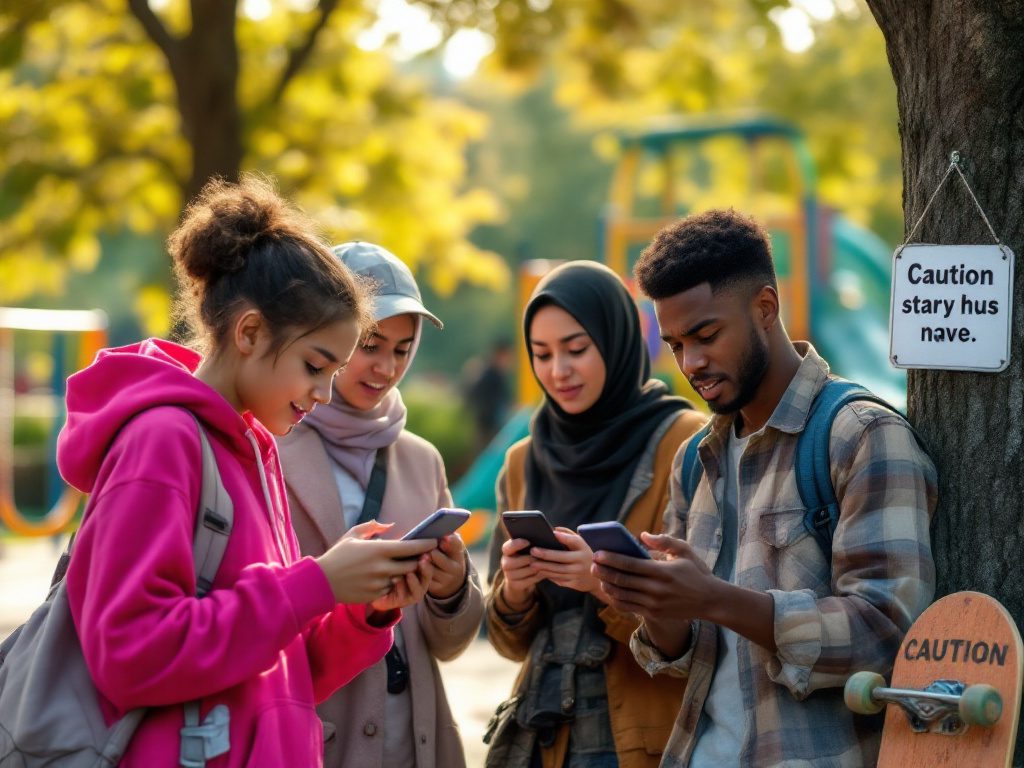Raising Alarms: Alabama’s Big Swing at TikTok
On a humid Tuesday morning in Montgomery, Alabama Attorney General Steve Marshall stepped up to the podium, voice resolute, to announce a lawsuit that reverberated through tech, legal, and parenting circles nationwide. The State of Alabama’s target is TikTok and its Chinese parent company, ByteDance—accused of intentionally exploiting children through a harmful social media ecosystem.
Marshall’s central allegation is sweeping: TikTok’s platform is not just habit-forming for teens and preteens, but intentionally engineered to be addictive, exposing young users to a relentless deluge of content linked to depression, self-harm, eating disorders, and even drug usage. TikTok’s supposedly robust protections—dubbed “Kids Mode” and “Restricted Mode”—Marshall claims, are little more than marketing sleight of hand, easily bypassed and ineffective at sheltering minors from psychological risk.
Such claims aren’t isolated. From school board meetings to emergency rooms, a growing chorus expresses deep anxiety over the impact of social media on mental health. According to a 2023 report by the U.S. Surgeon General, rates of anxiety and depression in adolescents have soared, with social media cited as a contributing factor. TikTok, with its estimated one-third of daily users under fourteen, sits squarely in the crosshairs.
But the Alabama lawsuit goes further than most. Not only does it seek civil penalties and punitive damages under the Alabama Deceptive Trade Practices Act, it invokes the specter of global espionage, accusing ByteDance of operating under Chinese law and thereby potentially handing American children’s data to foreign intelligence agencies. It’s a potent blend of parental anxiety, national security concern, and cultural anxiety over technology’s expanding influence on the next generation.
The Anatomy of Addiction: Unpacking TikTok’s Algorithm
Beyond that, the lawsuit claims TikTok’s viral feed is no accident of computer science: Marshall’s legal filing contends the company masterminded a highly sophisticated recommendation engine specifically to keep minors scrolling endlessly, maximizing attention and, by extension, ad revenue. “This platform was designed to addict kids,” Marshall charged, a sentiment that echoes through the complaint’s many pages.
A closer look reveals legitimate grievances. Recent studies from Harvard’s T.H. Chan School of Public Health found that platforms like TikTok can amplify vulnerable teenagers’ exposure to self-harm and pro-eating disorder content. Critics argue that, despite technological capabilities to filter or down-rank troubling material, companies have been slow to act—prioritizing corporate profits over children’s welfare.
Parents who believed TikTok’s safety settings offered a digital moat for their children were startled to learn, as Marshall’s lawsuit asserts, how easily these features can be circumvented—a few quick taps and any savvy middle-schooler can access the app’s full, unfiltered stream. The complaint brands these settings as deceptive, “a marketing ploy to trick parents into trusting a product that TikTok knows full well is dangerous.” The filing goes so far as to allege TikTok “targets minors with harmful, addictive content,” drawing a direct line between the company’s business model and the mental health crisis among Alabama’s youth.
“When tech giants trade our children’s well-being for profit, they desecrate trust and abrogate their most basic duty to society.”
Of course, TikTok’s defenders are quick to highlight parental controls, education campaigns, and improved moderation. Yet countless anecdotal stories—children stumbling upon disturbing challenges or being algorithmically nudged toward troubling content—have steadily chipped away at such assurances.
Bigger Than Alabama: Partisan Play or Bipartisan Outcry?
The Alabama filing arrives amid a wave of bipartisan backlash against social media titans from statehouses across the nation. Attorneys general from blue and red states alike have initiated actions against Meta (parent of Facebook and Instagram), Snapchat, and others. However, Alabama’s suit stands out for tying concerns over youth mental health to accusations of foreign spying and data exploitation—a narrative familiar in recent congressional showdowns over TikTok bans and forced divestiture legislation.
Historical precedent offers a cautionary tale. Similar legal offensives against Big Tobacco in the 1990s eventually forced that industry to acknowledge and compensate for its manipulative strategies targeting youngsters. Harvard psychologist Jean Twenge—renowned for her work on screen time and adolescent well-being—notes that, while social media platforms differ, their approach mimics the playbook of industries past: “Profit maximization by any means, regardless of the downstream human cost.”
Is this lawsuit political grandstanding or a watershed moment in safeguarding the next generation? The answer is complex. On one hand, critics of conservative legal activism warn of civil liberties being trampled under the guise of protection. Sweeping restrictions on digital communication may backfire, pushing teens to less-regulated shadows of the internet and stoking distrust in government efforts meant to help. On the other, the laissez-faire approach championed by the tech industry and its conservative defenders—hands-off, market-centric, suspicious of government intrusion—has demonstrably failed children and families, leaving them at the mercy of cold, impersonal algorithms.
Collective action is essential if we are to build an online world where children flourish rather than falter. Progressive advocates urge a comprehensive approach: robust tech accountability laws, meaningful algorithmic transparency, and a renewed commitment to funding mental health and digital literacy programs in schools. States like California have begun experimenting with such measures, requiring social platforms to explain and limit algorithmic targeting of minors.
Alabama’s lawsuit, no matter its partisan trappings, spotlights a crisis ripe for nonpartisan innovation and cooperation. As Professor Danah Boyd, a preeminent researcher on youth and technology, argues, “There’s a moral imperative to put kids above clicks.”

